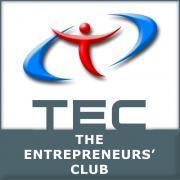WHEN
March 6,2008
WHAT
You might think it wouldn't be hard to build a voting machine - all it needs to do is count, and computers are good at that! But in fact, billions have been spent in the as yet unsuccessful quest for e-voting systems that work. It's not so straightforward. In fact, the majority of ballots in U.S. elections are cast with electronic voting devices that are in most cases fundamentally flawed. In California, all but one of existing voting device products were de-certified as a result of an ad hoc independent review convening by the Secretary of State, resulting in largest switch to pure paper manual elections in history - all of California except two counties. Yet this change is a temporary setback as county elections officials across the state and across the country scramble to enable further use of electronic systems.
Why are electronic voting devices so desirable? Why is the current generation of devices so flawed? Is there any scope for technologists to make a positive improvement, either voting systems, or in the public confidence that has been eroded by the stream of press about election device problems? I'll answer these questions briefly at the level of public policy, and more specifically at the level of technical requirements for automation of elections. (Hint: it's not the functional requirements that are the problem!) I'll describe the technology approach and project approach that we're taking the Open Source Digital Voting project, and also explain what each audience member can do to help.
WHO
John Sebes is the co-founder of the Open Source Digital Voting Foundation, and serves as CTO. John has a long and checkered history in high-confidence computing, security, and Internet and enterprise IT infrastructure, starting in the pre-Jurassic era before the Internet, network firewalls, and FUD. He is also recovering from a decade-long bout of start-up-itis, and enjoying the similarities and differences of building a technology non-profit organization.


